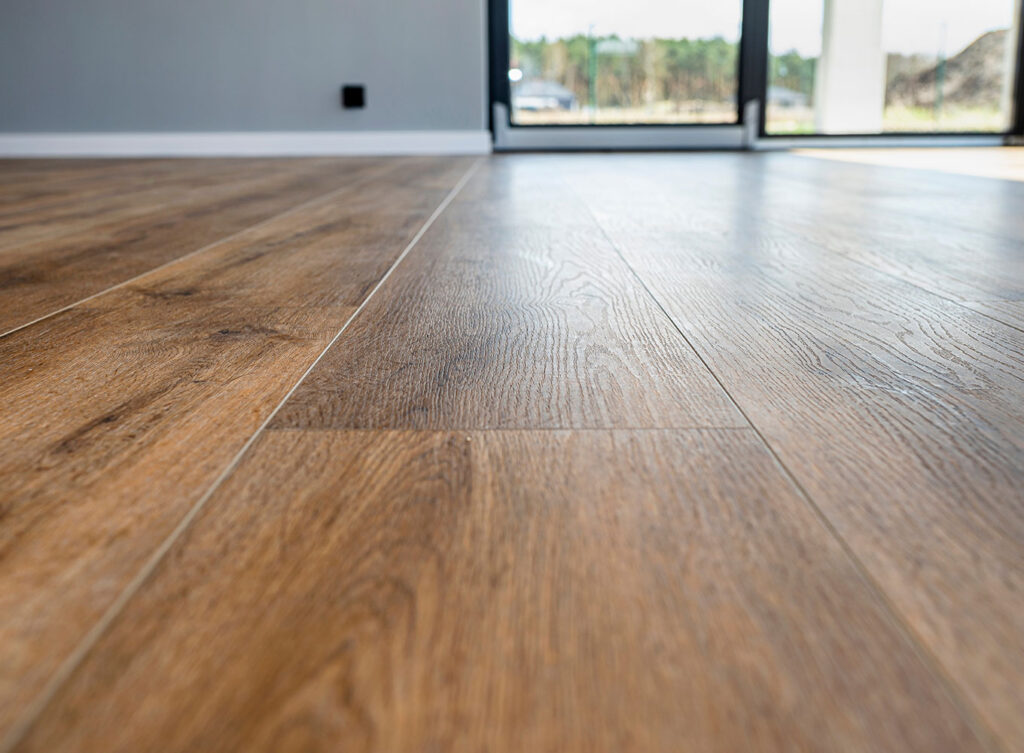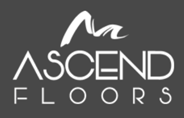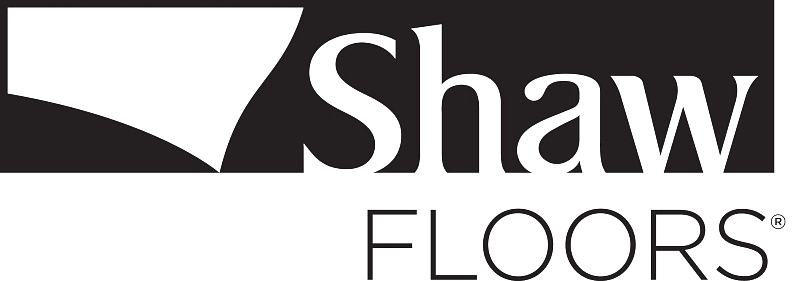Frequently Asked Questions About Flooring
Carpet Flooring
No carpet project is the same, however, the four factors that determine your cost include the cost of materials, the cost of the cushion that lies underneath the carpet, the cost of labor and the cost of transitions and trim pieces.
The Carpet House can conduct a professional home-measurement to accurately assess the amount of carpet materials your project will need for your carpet installation. If you want to measure yourself, you will need a standard tape measure. Multiply the width of your room by the length to determine the number of square feet. Carpet is manufactured in 12-foot rolls and there will be waste material from cutting the carpet roll to fit your space. To account for waste, order 10% more square feet of carpet materials.
Every product installed by The Carpet House is covered under warranty and designed to last. However, the length all depends on proper maintenance including vacuuming, using floor mats to entryways to avoid dirt, and having your carpet professionally cleaned annually. The better you take care of your carpet, the better it takes care of you.
Loose fibers and balls of fluff are commonly left in the carpet during the manufacturing process. Removing them doesn’t affect your carpet, with routine vacuuming from a quality vacuum cleaner, most shedding will disappear within the first year after your carpet installation.
Walking and movement cause your carpet piles of fibers to be pushed in various directions and light will reflect off each pile differently.
Don’t ever pull out long or loose ends because this can seriously damage your carpet. Instead, trim the end to be even with the rest of your carpet surface.
Your carpet tends to get a static charge as the result of low humidity. To avoid that, consider a humidifier.
Excessive foot traffic and the weight of your furniture lead to permanent indentations in your carpet. The best way to avoid this is by rotating your furniture. If your carpet does get indentations, you can work the pile back into place with a coin or pass a hot steam iron over the spot but keep the iron at least four inches above the carpet.
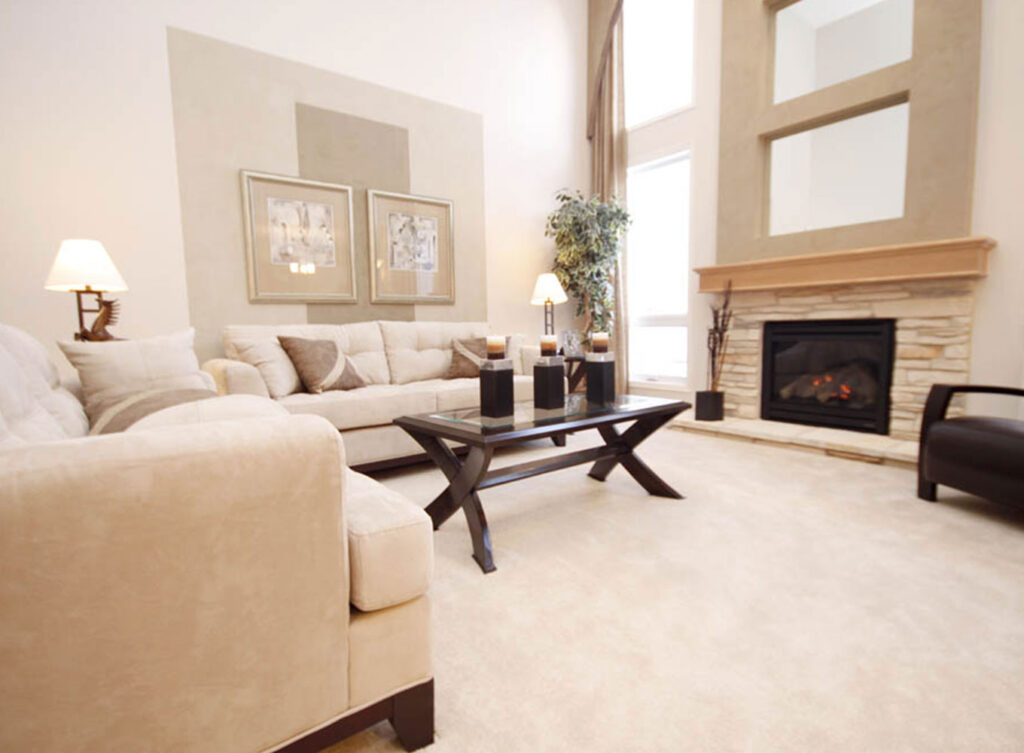
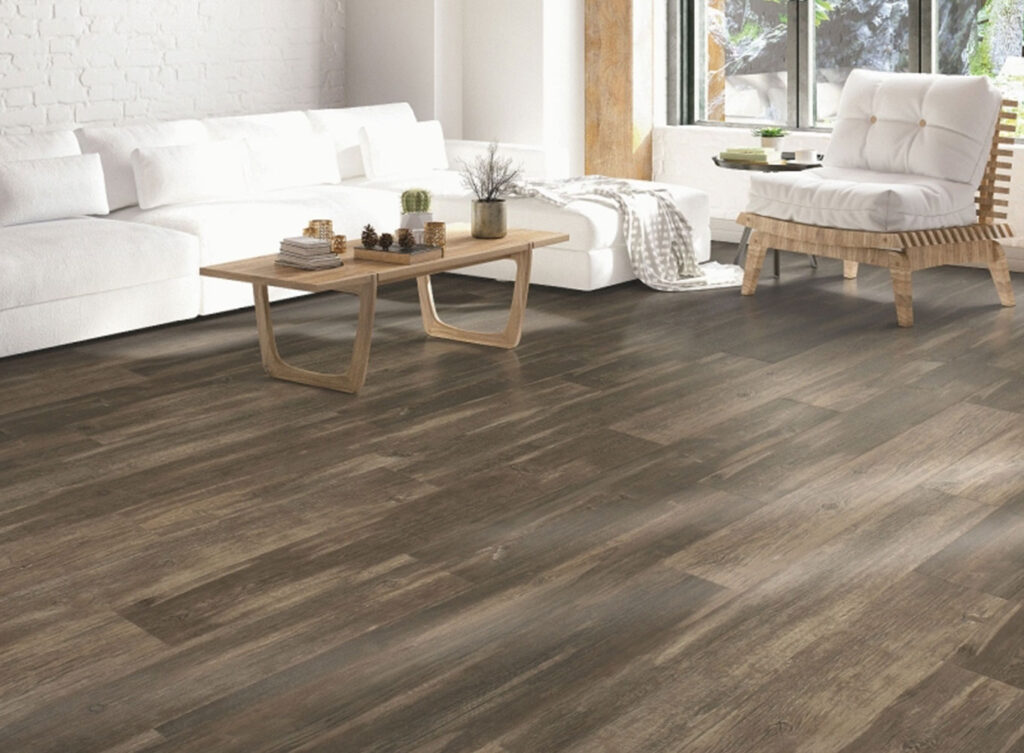
Hardwood Flooring
Available in various tree species and manufactured as solid hardwood or engineered hardwood, can come in planks, strips or parquet patterns and come prefinished with stain and a wear layer to help protect it. Hardwood floors have a tongue and groove construction in order for the planks to lock together, they are nailed or stapled into the subfloor for installation.
Most manufacturers say no less than 72 hours.
No. Steam cleaning your hardwood floors can cause excessive moisture and void your warranty.
Laminate
A multi-layer synthetic flooring is fused via the lamination process. It simulates a wood flooring with a photographic applique layer and lays under a clear protective layer.
Most laminate floors are not waterproof, but there are products that advertise themselves as waterproof. More commonly, laminate floors can suffer serious damage from water. Water soaks into the wood pulp core which leads to expansion and damages the rest of the plank.
Most laminate flooring is comprised of four layers: backing, core, image, and wear. These are all adhered together and heated during the manufacturing process. A more high-quality laminate flooring product will have an extra resilient layer that is resistant to scratches, dents, and fading.
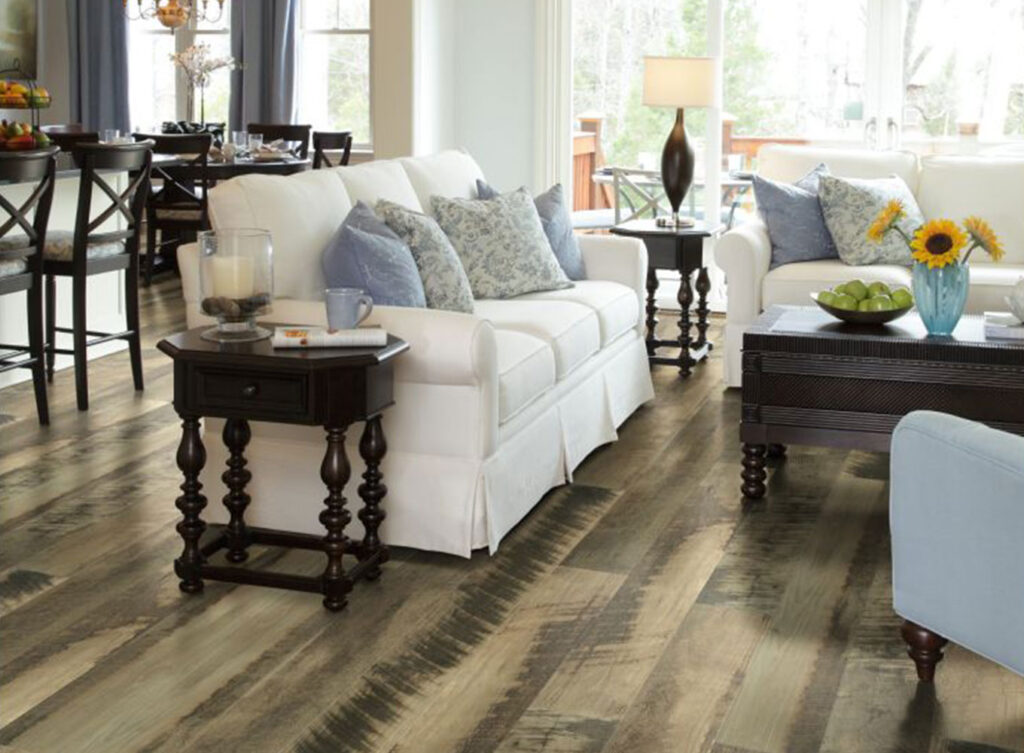
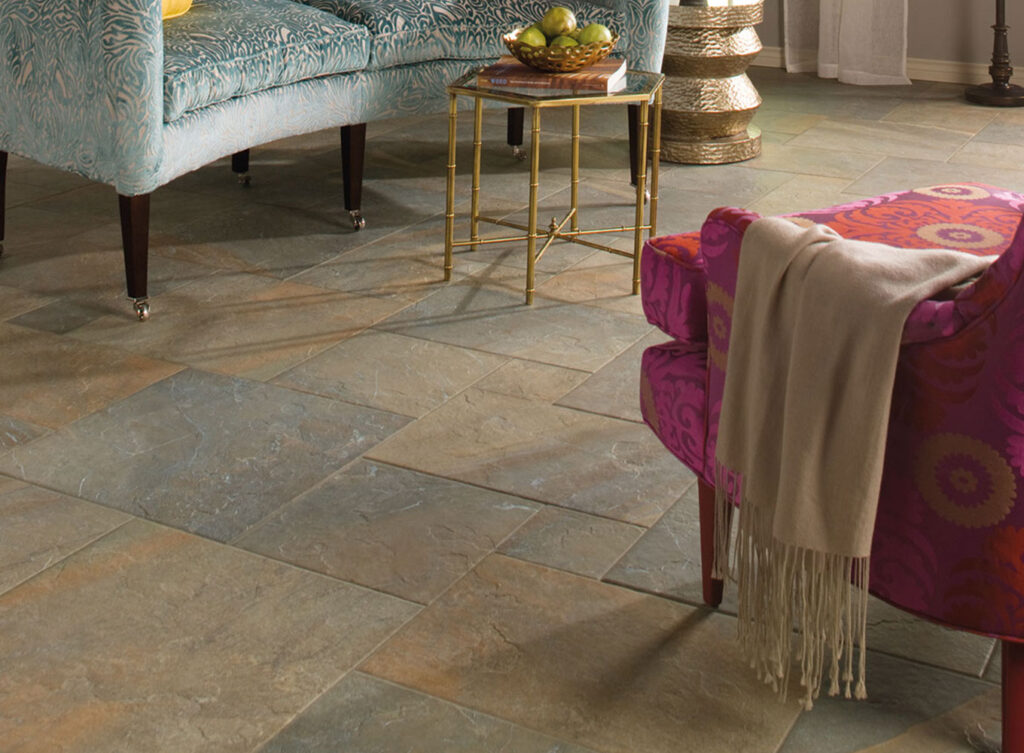
Ceramic Flooring
Thin slabs of clay or other minerals that are compressed tightly and heated in an oven. As a result, it created a hard and durable building material that can come in various colors, shapes, and sizes.
Your warranty guide should tell you the best way to clean your ceramic tile. Most commonly, you clean ceramic tile with routine sweeping and vacuuming which is then followed by mopping. You can use warm water and a minimal amount of dish detergent for a cleaning solution. Keeping your grout clean is important for the aesthetic of your ceramic tile, to clean your grout it is recommended to use a commercially available cleaner.
Yes, but make sure it is the correct type of ceramic tile. Exterior ceramic tiles must have a lower water absorption rate, otherwise, too much water can damage the tile. If the water freezes and expands, your tile is at risk of cracking. Porcelain is a good choice for your outdoor ceramic tiles.
Vinyl Flooring
A flooring material that is popular in commercial and institutional applications. Composed of PVC chips formed into solid sheets by heat and pressure. Floor tiles cut into modular shapes like rectangles or squares and applied to a smooth, leveled sub-floor. In commercial settings, vinyl flooring is usually waxed and buffed with special equipment and materials.
Routine maintenance guarantees your vinyl floors to last for decades.
An underlayment is installed below your vinyl flooring which helps create a moisture-resistant seal and helps reduce sound resonance on your floor. Sometimes, your vinyl flooring can come with a fiberglass, cork or foam backing which eliminates the need for an underlayment. This allows it to be installed directly over a subfloor or an existing floor.
